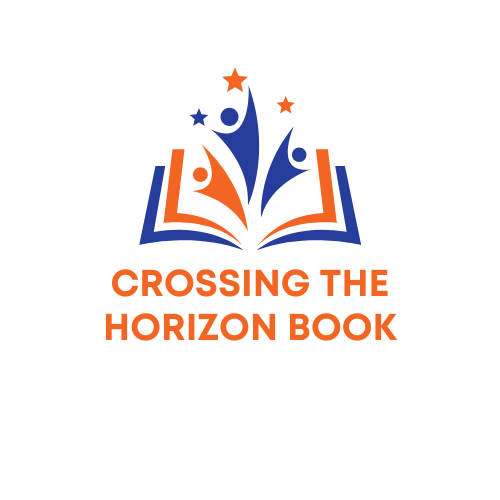Table of Contents
ToggleIn a world buzzing with distractions and expectations, finding oneself can feel like searching for a needle in a haystack. But what if that needle was actually a shiny trophy labeled “self-discovery success”? It’s time to ditch the confusion and embark on a journey that’s as rewarding as it is enlightening.
Understanding Self Discovery Success
Self-discovery success represents the culmination of personal insight and growth. This journey aids individuals in understanding their true selves amid external distractions.
Definition of Self Discovery
Self-discovery entails a process of exploring one’s values, beliefs, passions, and motivations. Individuals engage in self-reflection to uncover their authentic identities. This path often involves questioning assumptions and examining life experiences. Recognizing personal strengths and weaknesses plays a vital role in this journey. Through introspection, one can identify their goals and desires. Ultimately, self-discovery fosters a deeper awareness and appreciation of oneself.
Importance of Self Discovery
Self-discovery holds significant importance in personal development. It empowers individuals to make informed decisions that align with their values. A clearer understanding of personal aspirations leads to enhanced life satisfaction. Engaging in this process often results in improved mental health and resilience. By confronting fears and insecurities, individuals pave the way for overcoming challenges. Furthermore, self-discovery cultivates empathy and deeper connections with others. These relationships benefit from a better understanding of oneself and others.
Key Steps in Achieving Self Discovery Success
Achieving self-discovery success involves several essential steps. Each step assists individuals in understanding their true selves and aligning their lives accordingly.
Self-Reflection Practices
Self-reflection practices play a crucial role in self-discovery. Journaling encourages thoughtful exploration of feelings and experiences. Meditation helps individuals quiet their minds, allowing for deeper insight. Regularly setting aside time for contemplation fosters clarity and awareness. Engaging in discussions with trusted friends provides fresh perspectives and valuable feedback. Identifying personal values through reflection leads to a stronger sense of purpose.
Setting Personal Goals
Setting personal goals enhances the self-discovery journey. Clear, specific goals create a roadmap for personal growth. These goals should align with individual values and desires, ensuring meaningful progress. Breaking larger goals into smaller, manageable steps maintains motivation and fosters confidence. Regularly revisiting goals allows for adjustments based on evolving self-awareness. Celebrating achievements, no matter how small, reinforces the journey toward self-discovery success.
Overcoming Challenges in Self Discovery
Challenges often arise during the journey of self-discovery. Navigating through these obstacles leads to personal growth and deeper understanding of oneself.
Common Obstacles
Fear of change frequently hinders progress. Individuals may resist stepping outside their comfort zones. Insecurities about abilities can create mental barriers. Comparing oneself to others often leads to self-doubt and discouragement. Time constraints also impede the ability to engage in meaningful self-reflection. Limited support from friends or family can leave individuals feeling isolated.
Strategies to Overcome Challenges
Utilizing mindfulness practices helps cultivate self-awareness. Journaling serves as an effective tool for tracking thoughts and emotions. Seeking out support groups provides a sense of community and encouragement. Setting small, achievable goals fosters a sense of accomplishment. Engaging regularly in self-reflective activities strengthens personal insights. Prioritizing time for self-discovery amidst daily responsibilities ensures consistent progress.
Tools and Resources for Self Discovery Success
Self-discovery success can benefit greatly from various tools and resources. Books, online courses, and workshops play crucial roles in facilitating this journey.
Books and Literature
Self-help books provide essential insights into personal growth. Titles such as “The Gifts of Imperfection” by Brené Brown and “Atomic Habits” by James Clear explore vulnerability and behavior change. Rich anecdotes and actionable advice help readers gain clarity about their values and passions. Literature often offers exercises and prompts that encourage reflection, enabling deeper self-understanding. Readers frequently revisit these texts, finding new lessons with each reading that align with their evolving perspectives.
Online Courses and Workshops
Interactive online courses offer structured guidance in self-discovery. Platforms like Coursera and Udemy feature various courses, focusing on topics such as mindfulness and emotional intelligence. Workshops led by experienced facilitators foster community and support, allowing participants to share their experiences. Engaging in these learning environments enhances personal growth through accountability and interaction. Many individuals find that the dedicated space encourages exploration and connection, significantly enriching their self-discovery journeys.
Embracing the journey of self-discovery is a powerful step toward personal fulfillment. By overcoming challenges and utilizing effective strategies, individuals can unlock their true potential. The insights gained through self-reflection and goal-setting not only enhance self-awareness but also foster deeper connections with others.
As each person navigates their unique path, the commitment to understanding oneself can lead to profound growth. Celebrating small victories along the way reinforces the importance of this journey. With the right tools and mindset, self-discovery success becomes an achievable reality, paving the way for a more satisfying and meaningful life.





